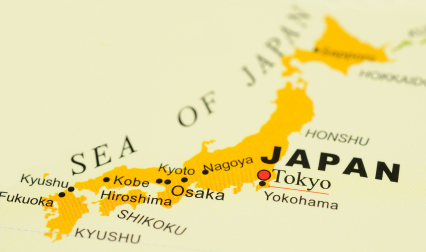
Talk about different expectations of leadership…
The high-profile story of Toyota’s newly appointed Chief Communications Officer being arrested on drug charges took center stage when Toyota’s President, Akio Toyoda, took the blame for not protecting her or preparing her to live in Japan.
On June 18, Julie Hamp was arrested at her high-end hotel in Tokyo for bringing painkillers into the country illegally. She was not only the first, and most highly placed, American in the company, but she was the highest ranking woman and part of Toyoda’s strategy to bring diversity to the company. The story gained international notoriety when Carolyn Kennedy, the U.S. Ambassador to Japan, stepped in to secure her release. Hamp had already been held for 20 days without being charged and could have served 10 years in prison if charged and found guilty.
The story itself is interesting enough, but the cultural story is equally fascinating. In Japan, leaders are supposed to “take care of” their followers, even when that subordinate is one of the company’s highest-level executives. Apologetic, Toyota’s president said in a press conference, “To me, executives and staff are like my children. It’s the responsibility of a parent to protect their children.”
Imagine that statement coming from the CEO of a European or North American multinational. There’s no expectation of that type of parental responsibility. Toyoda’s paternalistic statement is a reflection of Japanese cultural hierarchical and group orientation. The loss-of-face that Toyoda and the company experienced as a result of this fiasco is equally as embarrassing as Hamp’s arrest. Japanese culture holds its corporate leaders responsible to protect the group of people who are under their employ. In Japan, Toyoda’s failure to properly train Hamp in the cultural nuances and laws of Japan is what ultimately led to her downfall.
Julie Hamp’s appointment was a momentous occasion for both women, foreigners in Japan, and for Toyota’s image. Unfortunately, the success was short-lived. This acts as a lesson to any company sending their employees abroad: do your due diligence to ensure success. Make sure your executives have the cultural training needed to tackle not only business settings but also everyday activities. They should receive country briefings and any other pertinent information that will help them adapt better in their new settings. Remember – the success of your executives is your success.
What do you do to prepare executives to thrive abroad? If you are interested in developing a global mindset for you or your organization, listen to our last webinar Mastering a Global Mindset. Click the link below to download.


